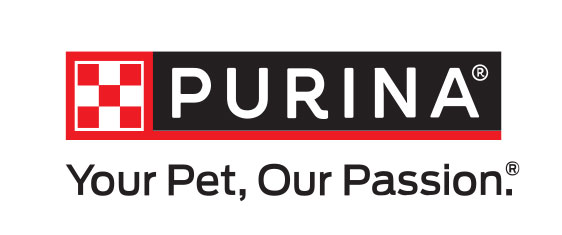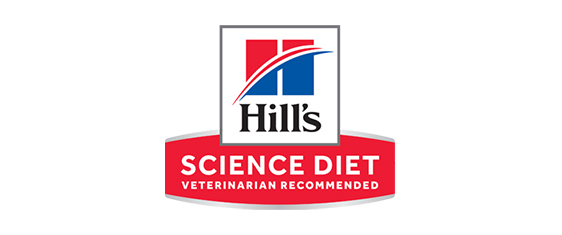From Our Holistic Vet: A Holistic Perspective On Immunization
Doctor of Veterinary Medicine

While efforts are made to answer all questions as quickly as possible, if an immediate answer is required or if your pet is in need of urgent or emergency care, contact your pet's veterinarian immediately.
Doctor of Veterinary Medicine

You will receive an answer from Dr. Lindsay and our vet/tech team as soon as possible, usually the same day.
All answers are provided for informational or educational purposes only, and are intended to be a supplement to, and not a substitute for, the expertise and professional judgment of your pet's veterinarian.
It may be necessary to consult your pet's veterinarian regarding the applicability of any opinions or recommendations with respect to your pet's symptoms or medical condition.
CloseDoctor of Veterinary Medicine

An error has occurred, please reload the page and try again.
CloseWhile efforts are made to answer all questions as quickly as possible, if an immediate answer is required or if your pet is in need of urgent or emergency care, contact your pet's veterinarian immediately.
There is no answer related to your question
There’s no hotter topic in both human and veterinary medicine than the topic of immunization. From a holistic perspective and in an ideal world, most holistic practitioners would focus on the individual animal relative to health care, and what we call the “terrain” of the patient, rather than the outside environment or “germs,” and in trying to keep the patient in ideal health through optimal diet, energy medicines and other natural therapies. In this way, the patient would be stronger, more resistant, and less susceptible to both acute infectious disease and chronic disease.
However, there are circumstances in which augmenting that individualized approach with conventional therapies like vaccination would be warranted. For example, with younger puppies and kittens, their developing immune systems can be overwhelmed, even when under the best of holistic care. At this young age, it is critical to immunize puppies and kittens against certain core viruses, especially Parvovirus and Distemper in dogs and Panleukopenia in cats.
Usually, they need a series of vaccines through 16 to 18 weeks of age to protect them against these potentially deadly diseases. Because of the interference of maternal antibodies obtained when they were nursing, it is critical that the last vaccination is given at age 16 to 18 weeks. That way, the puppy or kitten can develop their own antibodies against these diseases. A minimalist holistic approach would be to wait until puppies and kittens are 16 to 18 weeks of age and then get one vaccination, which should suffice to stimulate adequate long-term immunity.
Because of the human health risk, rabies vaccination is a requirement for all dogs and cats in all 50 states. I usually recommend waiting until age 5 to 6 months to obtain this legally required vaccine. While many veterinarians have their own individualized vaccination programs, holistic veterinarians try not to vaccinate animals when they are sick with any condition, including skin/ear infections, as well as any digestive condition, etc. It is also important not to vaccinate during times of emotional or physical stress, such as during any medical or surgical procedures that are being performed on a given day.
As adults, animals need vaccinations much less frequently, if at all, other than rabies vaccination as required by law, initially at one year of age, and then every 3 years after that. Core vaccinations such as Parvovirus/Distemper incur immunity that lasts for years to the life of the animal. Given the concern of holistic practitioners of over-vaccination with increased risk of chronic autoimmune diseases and even cancer, there are other options for adult and senior pets other than routine knee-jerk vaccinations.
For example, increasing numbers of holistic veterinarians are now measuring antibody titer levels as an alternative to routine vaccination, which most of the time documents adequate immunity and protection in adult and senior pets. In other cases, and as allowed by certain states, rabies vaccination titer levels are being accepted in lieu of rabies vaccination, or medical exemptions are allowed in some states, if animals have chronic medical conditions that a veterinarian feels could worsen as a result of more vaccinations.
For veterinarians that have relied on yearly vaccinations to bring in clients for physical exams, it is important for holistic minded veterinarians to re-educate clients to the importance of the annual wellness exam, where a complete physical and dental exam can be performed, as well as appropriate diagnostic blood or other testing if indicated.
No matter what individualized vaccination program a veterinarian may follow, it is important that we all keep in mind the goal of any preventative health care program, and that should be for prevention of certain acute infectious diseases while maintaining the optimal health of the animal companion without over-vaccinating them and putting them at other chronic disease risk.
For pet owners who’d like to minimize possible short- or long-term immune effects, the homeopathic remedy Thuja occidentalis in 30C potency can be administered once daily for 3 days starting the day of the vaccination for most of the core vaccinations given to our animal companions.
For rabies, a single dose of homeopathic Lyssin in 30C potency can also be given the day of the rabies vaccination and may help reduce any rare short- or long-term side effects that holistic-minded pet owners may be concerned about.
Dr. Michael Dym, VMD
 Swipe
Swipe



















